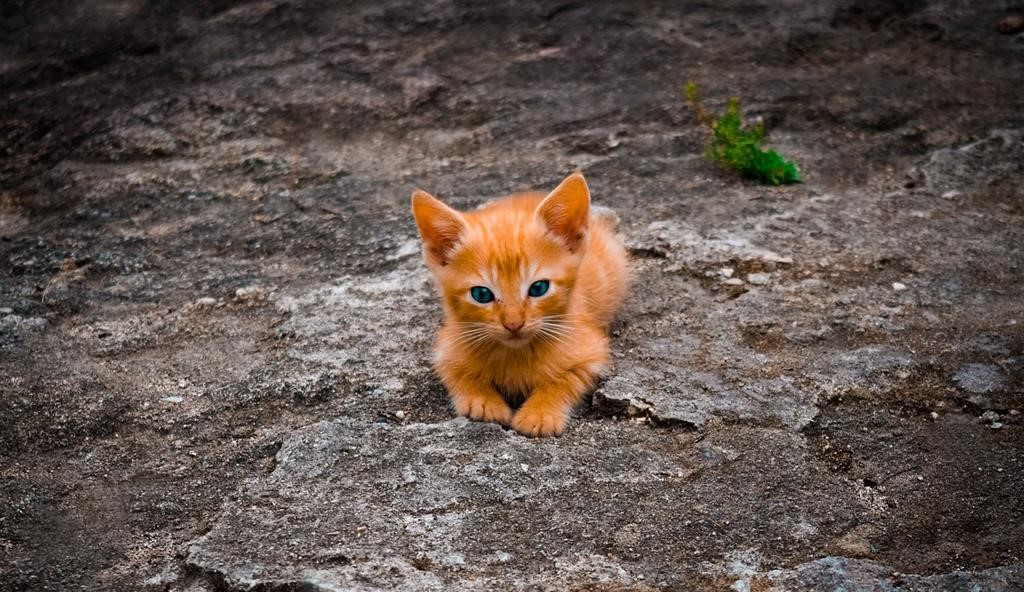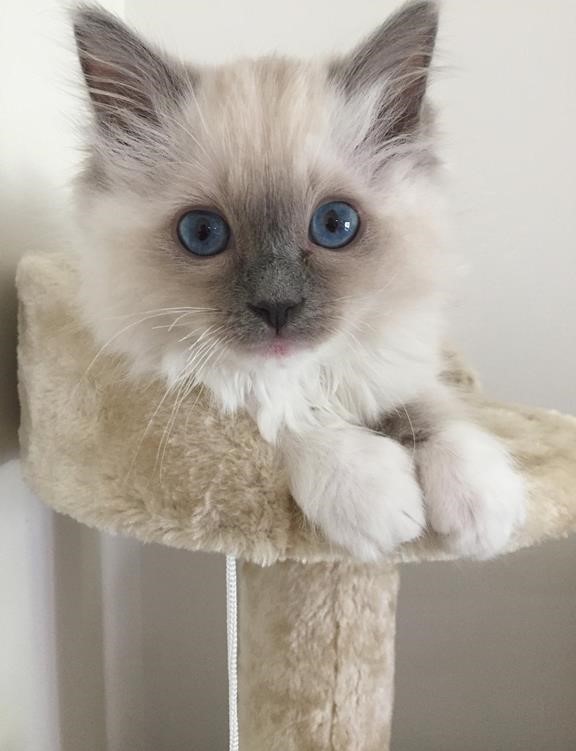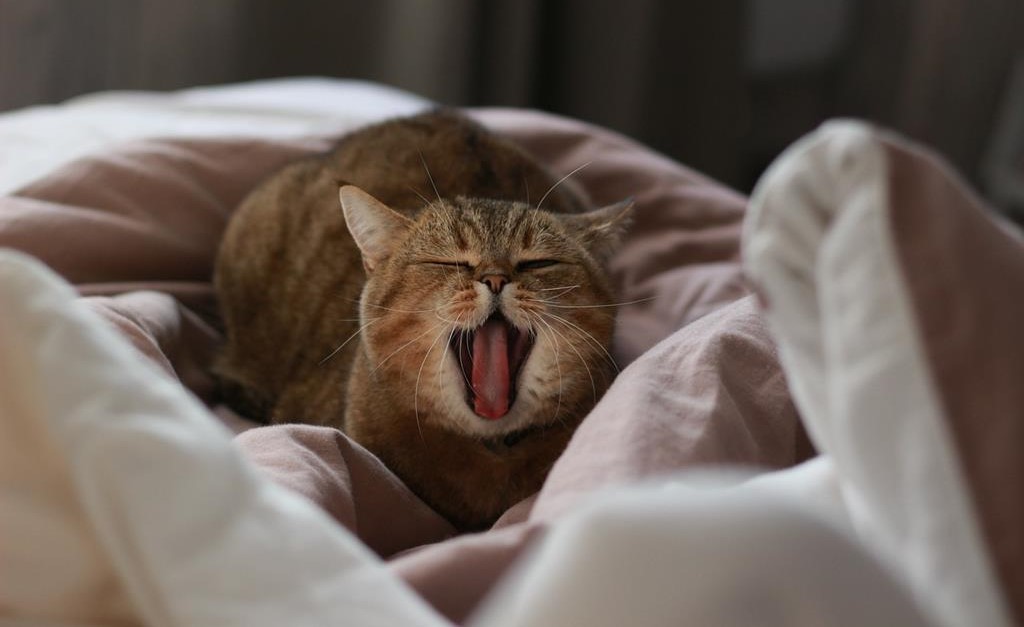Cats, those enigmatic and often endearing companions, are known for their peculiar behaviors that simultaneously baffle and charm us. One such behavior that might have caught your attention is a cat’s habit of licking their nose. While seemingly simple, this action is laden with subtle meanings and intriguing insights into feline behavior. Let’s explore the reasons behind this seemingly mundane yet fascinating behavior.
The Feline Grooming Ritual
Grooming is an integral part of a cat’s daily routine. Not only does it help them keep their fur clean and free of debris, but it also serves as a means of self-soothing and relaxation. Cats are meticulous groomers, often devoting a significant portion of their waking hours to this ritual. However, their grooming habits extend beyond their fur.
The Nose’s Role in Grooming
A cat’s nose is more than just a sensory organ; it’s an essential tool in their grooming arsenal. When a cat licks their nose, they’re not merely cleaning it. They’re engaging in a behavior that serves multiple purposes, each offering insights into their well-being and instincts.
1. Cleaning and Sensory Exploration: A cat’s nose is equipped with sensitive whiskers and scent receptors. By licking their nose, cats can remove dirt, dust, and scent particles that might have accumulated on this crucial sensory organ. This behavior ensures their whiskers remain unobstructed and that they can continue to gather information about their environment through scent.
2. Temperature Regulation: Cats have a higher body temperature than humans, and their noses can act as a heat exchange point. Licking their noses helps cool them down, a particularly useful behavior during warm weather or after exertion.
3. Communication and Self-Soothing: Cats use grooming not only to clean themselves but also as a way to communicate. A cat might groom their nose after experiencing stress or as a self-soothing technique. This behavior can help them relax and feel more secure.
4. Observation of Surroundings: Cats are naturally curious creatures, and their noses often come into contact with objects and surfaces in their environment. Licking their nose might allow them to taste or smell new scents, providing information about their surroundings.
5. Instinctual Behavior: Grooming, including licking the nose, is an instinctual behavior passed down through generations of cats. It’s a trait that ensures their survival by keeping them clean, comfortable, and in tune with their environment.
When to Observe Nose-Licking

While cats might lick their noses as part of their regular grooming routine, there are instances when this behavior might be more pronounced:
- After Eating: Cats might lick their noses after a meal to clean away any residual food or scents.
- During Stressful Situations: If a cat is stressed or anxious, they might engage in grooming, including nose-licking, to comfort themselves.
- When Exploring New Environments: Cats might lick their noses as they explore unfamiliar places, possibly to gather more scent information.
Understanding Your Feline Friend
Ultimately, a cat’s habit of licking their nose is a multifaceted behavior that serves both practical and instinctual purposes. Observing this seemingly minor action can provide insights into your cat’s well-being, emotions, and engagement with their surroundings. As you continue to marvel at your feline companion’s intricate behaviors, remember that each quirk, no matter how small, contributes to the captivating tapestry of the feline world.
FAQs: Why Do Cats Lick Their Nose?
Cats are known for their intriguing behaviors, and one of those behaviors that might leave you wondering is why they lick their nose. To shed light on this quirky habit, here are some frequently asked questions about why cats engage in this behavior:
1. Why do cats lick their nose after eating?
After a meal, a cat might lick their nose to clean away any food particles or scents that might be lingering. Cats are meticulous groomers, and this behavior ensures they maintain a clean and comfortable facial area.
2. Is nose-licking related to temperature regulation?
Yes, nose-licking can help regulate a cat’s body temperature. Cats have a higher body temperature than humans, and their noses act as heat exchange points. By licking their noses, they can cool themselves down, especially in warmer weather.
3. Do cats lick their noses when stressed?

Yes, cats might lick their noses as a form of self-soothing when they’re stressed or anxious. Grooming behaviors, including nose-licking, can help cats cope with stress and provide comfort in challenging situations.
4. Why do cats lick their noses while exploring new places?
When cats explore unfamiliar environments, they use their noses to gather scent information. Licking their noses during exploration allows them to taste and smell new scents, helping them gain insights into their surroundings.
5. Is nose-licking an instinctual behavior?
Yes, grooming, including nose-licking, is an instinctual behavior for cats. It’s a behavior passed down through generations that serves practical purposes like cleaning, cooling, and communication.
6. Can observing nose-licking help me understand my cat’s emotions?
Absolutely. Cats communicate through their behaviors, and nose-licking is no exception. You might notice increased nose-licking during stressful times or when your cat is trying to adapt to new situations. It can be a clue into their emotional state.
Conclusion:
As you observe your cat’s fascinating habits, including nose-licking, remember that each behavior offers a glimpse into their world. By understanding their actions, you can strengthen the bond between you and your feline companion.



